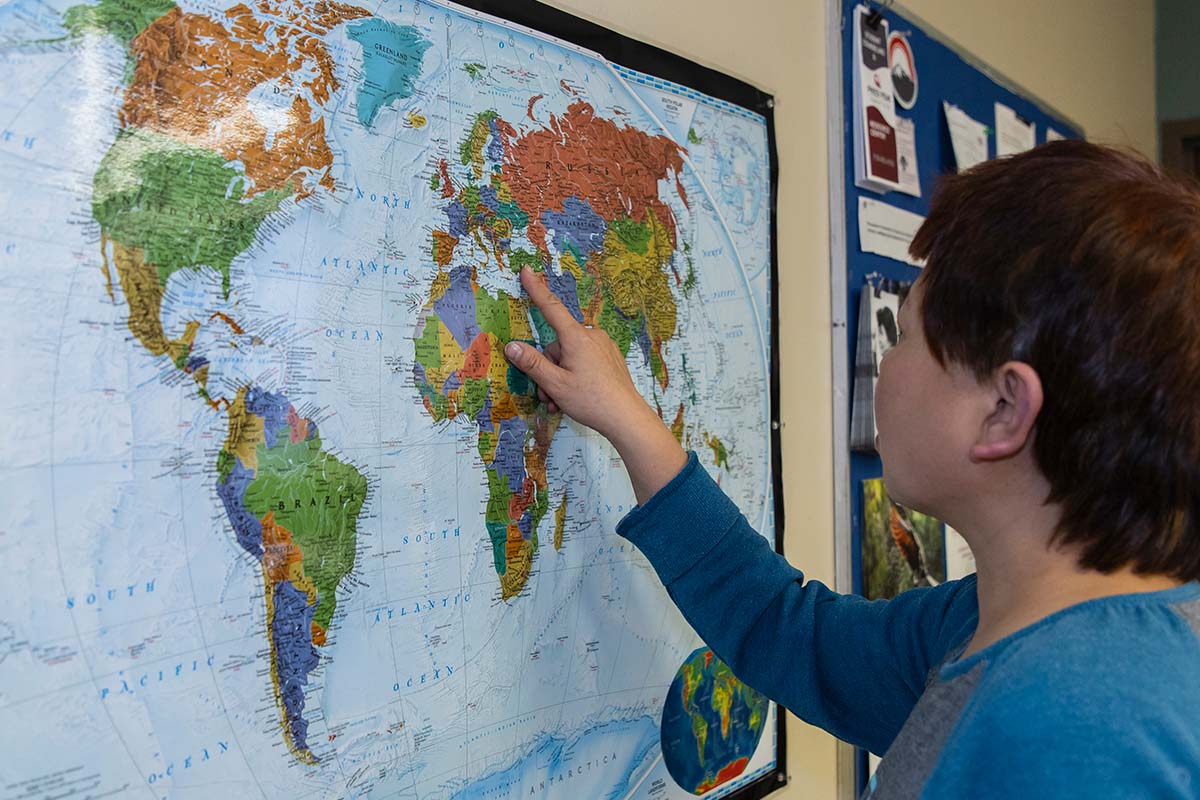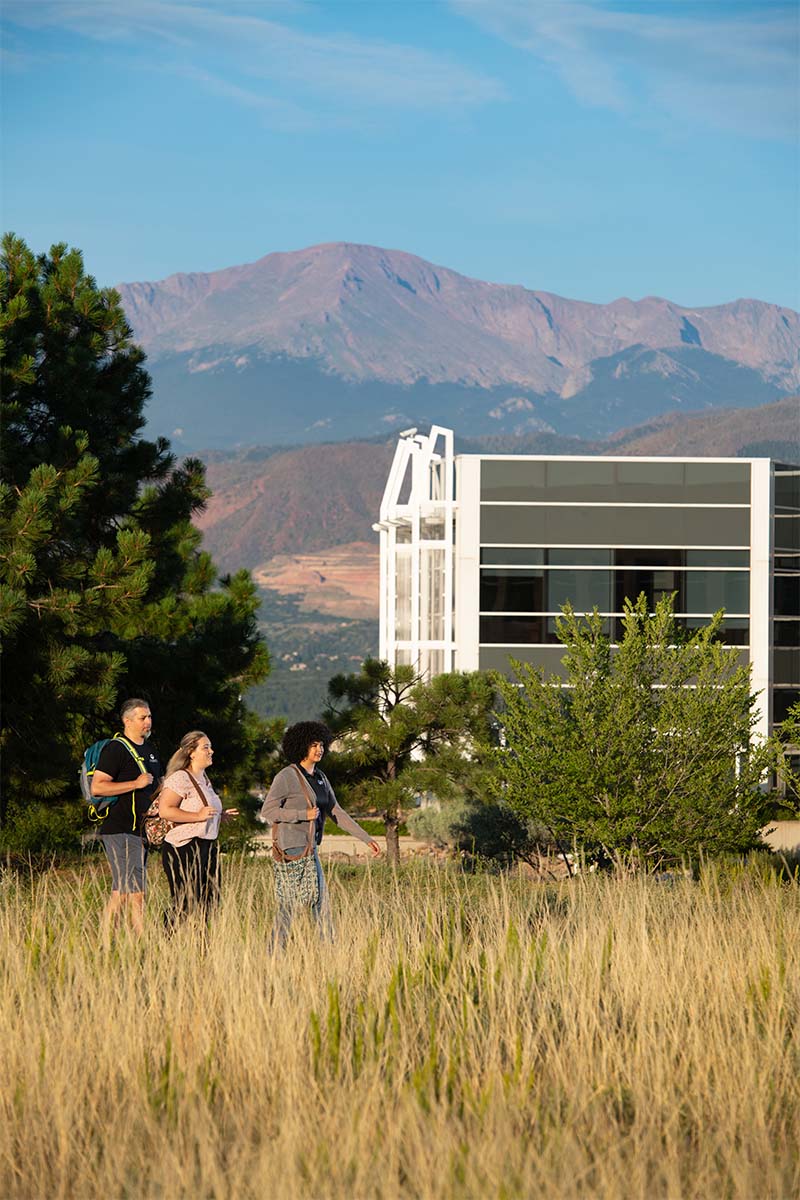Degree Type: Associate of Arts Degree, AA
Pathway: Science, Engineering and Math
Our Geography program offers a deep dive into the physical landscapes and cultural dynamics that shape our world. As a geography student, you'll gain the skills needed for diverse careers like water management, resource conservation, climate change research, cartography, and teaching. This path also prepares you to transfer to a four-year university. Whether you're passionate about protecting natural resources or understanding global cultures, a background in geography opens doors to endless opportunities.
As a PPSC geography student, you'll explore the earth's surface features, climate, and the ways humans interact with their environment. This program dives deep into both the physical and cultural landscapes, helping you answer questions like:


The Associate of Arts Degrees are designed for students who want a traditional liberal arts education and who intend to transfer to a four-year college or university. They provide a basis of study in the areas of arts and humanities, communication, or social sciences.
The Degree with Designation is designed for transfer to another college or university as a step toward a bachelor’s degree. For more information on transferring after PPSC, visit our transfer webpage or meet with your advisor.

Our Geology program combines classroom learning with hands-on fieldwork, helping you understand the powerful forces that shape our region and planet. With a strong foundation in geology, you’ll be ready for advanced studies and careers in areas like environmental consulting, natural resource management and more.
Explore GeologyIf you love the outdoors, want to help the environment, and are excited about a fast-growing job sector, this program is perfect for you. You'll explore the connections between humans and nature, develop critical thinking skills, and work on real-world projects.
Explore Environmental Science & Sustainability Studies